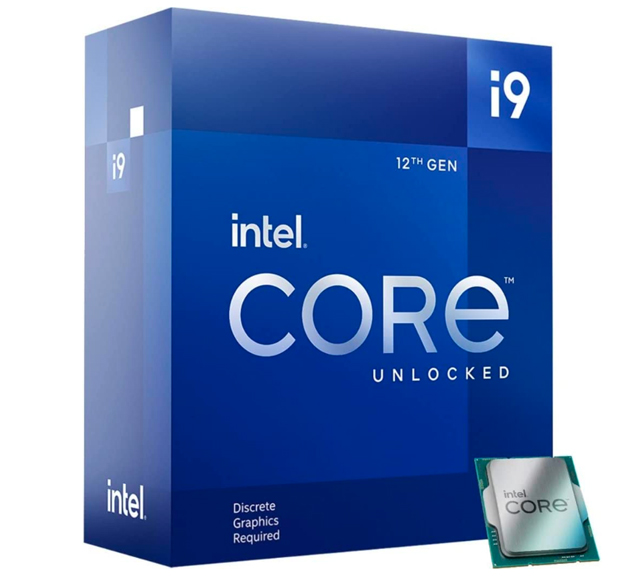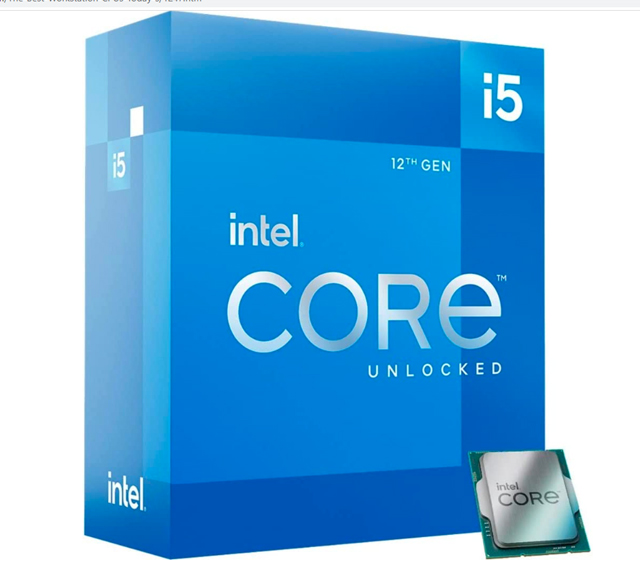Back to all articles
The US CHIPS Act, a New Era for American Microprocessors chip manufacturing
Published: 9-28-2022

US President Joe Biden has signed the CHIPS and Science Act, pushing $52 Bn into the US semiconductor industry through subsidies. This act has been three years in the making and is likely to go down in history as a turning point for the hollowed-out US semiconductor fabrication industry.
The Strategic Importance of Microchips
Everything, from microwaves to missiles, has a microchip in it these days. It’s not just the high-performance CPUs we use in workstations; there are microchips in almost every appliance, medical device, and everything else you can think of.

If the supply of microchips dries up, it affects every aspect of our lives and the national economy. Entire sections of society would grind to a halt and that includes really important things like food production and defense!
COVID, Semiconductor Shortages, and Taiwan
Given how important semiconductor products are to the USA (or any country), it may surprise you to know that relatively little microchip manufacturing happens within US borders.

Instead, it’s primarily Taiwan and TSMC (Taiwan Semiconductor Manufacturing Corporation) in particular that produce most of the world’s chips. TSMC has a 53% market share of global chip production, and other Taiwanese chip makers add an additional 10%, making Taiwain responsible for about 63% of the market.
While Taiwan is a tech mecca, it’s also in a precarious political situation with China, which does not recognize it as a sovereign nation, and there is a constant threat of conflict.
On top of this, the recent global semiconductor shortage, brought on partially by the global COVID pandemic, has shown how vulnerable the global supply chain is, with many examples of high prices, short supply, and disruptions such as car manufacturing coming to a halt.
How CHIPS Can Make Things Better
CHIPS offers massive financial incentives for companies to create semiconductor manufacturing capacity within the USA. It doesn’t prevent those companies from making chips outside the country, but it does mean substantial manufacturing will happen within US borders.
There are many potential benefits of CHIPS if it goes as planned. The US economy will benefit from new factories and many high-tech jobs. The US will also have access to a strategic supply of microchips that can be protected from foreign disruption.
The CHIPS act also includes conditions where companies are restricted from increasing their advanced chip manufacturing in China, which speaks to the current tensions between the superpowers.
One of the biggest advantages may be that keeping the most advanced chip designs on American soil will be easier, making it much harder for those designs to be replicated by foreign powers. Right now, China’s chip technology is about 6 years behind the USA, which is an advantage the USA presumably want to maintain.
The Big Names Supporting CHIPS
Google has teamed up with the US government to help develop Open-Source chip designs. The signing of CHIPS was attended by representatives of Micron, Intel, AMD, and HP.

Intel will likely get the lion’s share of the subsidies. Still, foreign companies such as TSMC and Samsung are also slated to get a slice of the pie if they follow through with building manufacturing facilities on US soil. Micron’s CEO estimates that eventually, one in ten chips will be made in the US, versus the one in fifty made in the USA today.
What CHIPS Means For You
With all of this being said, what does CHIPS mean for you as the end-user? For one thing, it should insulate US customers from the major silicon shortage price spikes we’ve seen, since the US will have the option to divert chips meant for export to internal customers.
It’s not clear what effect this will have on pricing. After all, one of the main reasons chip manufacturing mostly happens outside of the USA is thanks to lower costs. Even with government subsidies, the chips made in the USA are likely to cost more to make. However, considering how important it is strategically, this may be a cost worth paying.

CHIPS Won’t Work Overnight
As exciting as CHIPS is, it will be years before we really feel the effects. This is a long-term project and chip fabs don’t spring up overnight. While the effects of CHIPS will undoubtedly be huge, it’s goign to feel like a gradual shift.